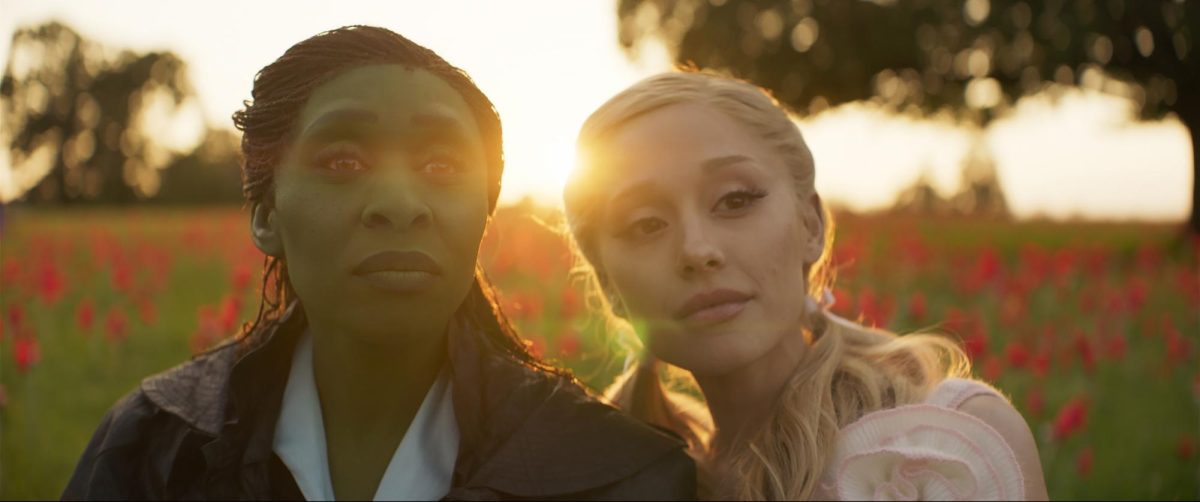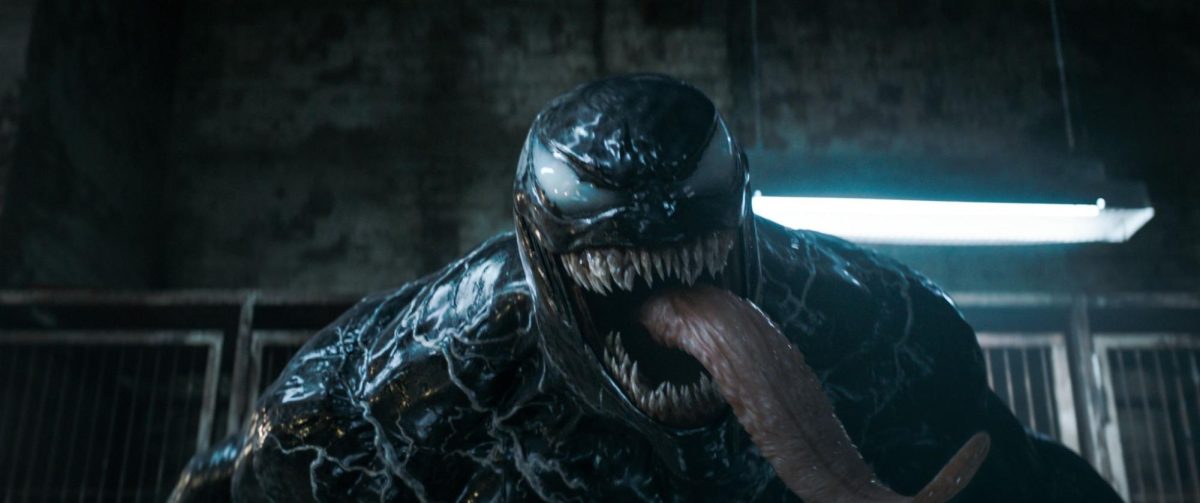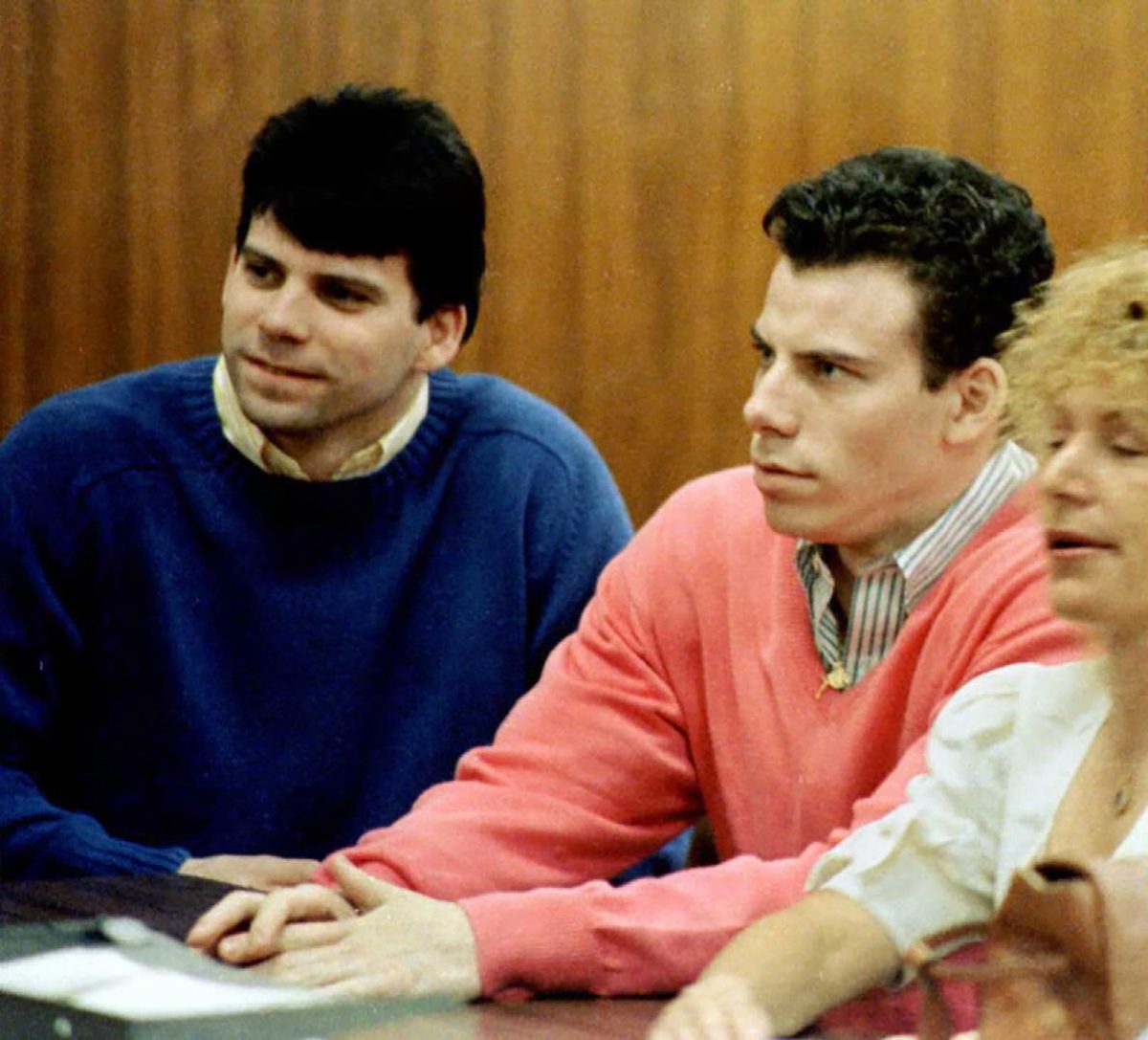It had been over a year since Taylor Swift released a brand new album when Swift announced her new album in her winning speech for Album of the Year for her album “Midnights” at the 2024 Grammys. “THE TORTURED POETS DEPARTMENT,” Swift’s eleventh studio album, was released on Friday, April 19.
The album was released at midnight and contained 16 songs until 2 a.m. At 2 a.m., Swift released an additional 15 songs, dubbed “THE TORTURED POETS DEPARTMENT: THE ANTHOLOGY.” Fans, nicknamed Swifties, went crazy for the double album as it was a long-running theory within the fandom; however, Swift had done something similar with her last album “Midnights,” dropping seven new tracks at 3 a.m. on “Midnights (3am Edition).”
The first half of the album, from “Fortnight” to “Clara Bow,” initially faced criticism for sounding similar to Swift’s recent work on 2022’s “Midnights” and 2023’s “1989 (Taylor’s Version)” vault tracks. Producer Jack Antonoff brought similar synth sounds, and many fans were disappointed by the lack of influence of 2020’s “folklore” and “evermore,” which brought more diverse sounds to her discography.
“The Anthology” tracks, from “The Black Dog” to “The Manuscript,” however, brought the “folklore” and “evermore” sounds to TTPD. Mainly produced by Aaron Dessner, who also produced “folklore” and “evermore,” “The Anthology” tracks are reminiscent of the stripped-back yet lush productions of her two 2020 albums.
On the same day as the album release, Swift released the music video for the opening track, “Fortnight” featuring Post Malone. The video starred Dead Poets Society’s Ethan Hawke and Josh Charles. Fans found this amusing, as when the album title was first released, they kept mixing up the name with the movie title.
Swift explained that she had been working on the album for two years and even wrote some of the songs while on the U.S. leg of The Eras Tour. The album was rumored to be mainly about Joe Alwyn, her former boyfriend of six years, but as fans listen, some of the songs reveal a different truth.
The album leans heavily into the idea of rebounding, which she did with The 1975 lead singer Matty Healy last summer. On the album’s opening track, she refers to him as “the miracle move-on drug,” and the album overwhelmingly refers to the turmoil, heartbreak and backlash their relationship caused her.
Her relationship with Healy was notably controversial, as he has made derogatory and hurtful comments in the past. One heavily referenced was his racist comments on Ice Spice, though Healy had once even declared that dating Swift would have “emasculate[d]” him.
The album prologue offers insight into Swift’s mental state at the time of dating Healy, where Swift suggests that TTPD is “evidence” and court files in a “trial” for dating Healy. In the prologue, she declares that her “plea here today [is] of temporary insanity.”
“It was a mutual manic phase. It was self harm,” Swift wrote in the prologue. “It was house and then cardiac arrest. A smirk creeps on this poet’s face because it’s the worst men that I write best. And so I enter into evidence my tarnished coat of arms; my muses, acquired like bruises; my talismans and charms; the tick, tick, tick of love bombs; my veins of pitch black ink.”
At a whopping 31 songs, “THE TORTURED POETS DEPARTMENT: THE ANTHOLOGY,” in its first listen, is near indigestible. When listening for the first time, the melancholy songs bleed together in a way where the album feels like a heavy, two-hour-long song.
This perhaps explains why TTPD was so controversial amongst music critics; one listen is not enough. Given both the sheer length of the album at two hours and two minutes and the depressing themes of the album, TTPD is an album that needs time to be enjoyed.
Reviewing after the first listen means no songs are truly given the time and space they need to establish themselves as complete songs in Swift’s discography. When given time, the songs distinguish themselves from each other; this is particularly the case for “The Anthology” tracks, where the stripped-back production seems to be similar on every track on first listen.
Ultimately, though, giving TTPD time to form opinions allows its lyrics and infinite references to be noticed and appreciated. Swift’s initial teasing of the album emphasized a focus on lyricism throughout TTPD, and the album itself reflected that. While never truly faltering in production, Swift undoubtedly prioritized lyricism over production on TTPD.
Lyrically, TTPD is like an autobiographical version of “folklore” and “evermore.” It is deep, poetic and wordy; what distinguishes it from its predecessors, though, is its authenticity. TTPD seems to be Swift’s most authentic and raw album by far.
The bridge of “Who’s Afraid of Little Old Me?” exemplifies this, where Swift angrily sings, “‘Cause you lured me, and you hurt me, and you taught me / You caged me, and then you called me crazy.” One of TTPD’s highlights, “Who’s Afraid of Little Old Me?” uses circus imagery to take aim at the music industry and how it has hurt her.
The powerful nature of her songwriting on TTPD is perhaps most perfectly shown on “loml,” a ballad lamenting who she initially refers to as the love of her life; in a plot twist at the end, she refers to the song’s subject as “the loss of my life.”
This is not the only lyrical twist in “loml,” as Swift explains how the relationship made her feel “aglow like this / Never before and never since.” Toward the end of the song, Swift explains how the heartbreak made her feel “a hole like this / Never before and ever since.”
This is possibly one of her greatest strengths in songwriting, particularly on TTPD: her ability to twist both common turns of phrase and her own words into an entirely different meaning.
Swift does it masterfully on “So Long, London,” a track five song about her ex-boyfriend Joe Alwyn, who is British and lived in London with her. She uses “so long, London” as a goodbye to her ex-boyfriend (“So long, London / You’ll find someone”) and as a testament to the length of their relationship (“I’m just mad as hell ‘cause I loved this place for so long, London”).
“How Did It End?”, another one on the short list of songs on TTPD about Alwyn, finds Swift attempting to learn how their relationship ended by “conduct[ing] this post mortem”; in it, she twists the common nursery rhyme of “[Name] and [name] sitting in a tree, K-I-S-S-I-N-G,” by singing “My beloved ghost and me / Sitting in a tree / D-Y-I-N-G.”
Though this is a long-time “Swift-ism” that has been featured on older songs like “The Archer” and “champagne problems,” Swift added a new element to her songwriting in TTPD: humor and irony. She has employed humor before, but never as well as on TTPD.
Another notable example is on track six, entitled “But Daddy I Love Him,” where Swift sings “I’m having his baby / No, I’m not / But you should see your faces.”
The song is a tongue-in-cheek attack on the backlash she faced for dating Healy last year. She defends her choice to date Healy in “But Daddy I Love Him,” seemingly referring to the backlash she received by her own fans: “I’ll tell you something about my good name / It’s mine alone to disgrace / I don’t cater to all these vipers dressed in empath’s clothing.”
Though “But Daddy I Love Him” is the longest song on the album, Dessner keeps the song moving in a way where the song does not feel nearly six minutes long.
The title of the album itself is sarcastic, mocking herself and her “type” of men that she is typically attracted to. “THE TORTURED POETS DEPARTMENT” refers to how all of her exes are depressed, “tortured” artists, and as the chairwoman, she herself is the “head” of this “department” of overdramatic artists.
With a new album comes a new era. Swift has added songs from TTPD to The Eras Tour setlist, surprising fans at her first show back in Paris from a break. The addition of the era resulted in Swift cutting songs from other eras, but she added seven songs from the new album: “But Daddy I Love Him,” mashed up with “So High School”; “Who’s Afraid Of Little Old Me?”; “Down Bad” with a “Fortnight” outro; “Fortnight”; “The Smallest Man Who Ever Lived”; and “I Can Do It With A Broken Heart.”
Though TTPD was initially highly controversial, Swift has always been victim to reverse-recency bias, where her new work is always compared to and considered lesser than to her previous work.
It begs parallels to Swift’s 2012 album “Red,” which was also received as too long and “all over the place,” yet now it is considered one of her best albums. Though only time will tell, it can be expected TTPD will gradually earn its place in Swift’s discography as exactly what it is: a raw and real telling of the five stages of grief, ultimately ending up at acceptance.
“Once we have spoken our saddest story, we can be free of it,” Swift said in a tweet following the release of TTPD. “And then all that’s left behind is the tortured poetry.”
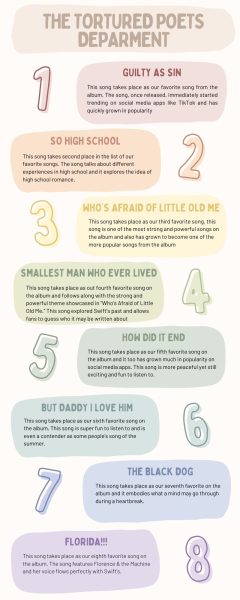














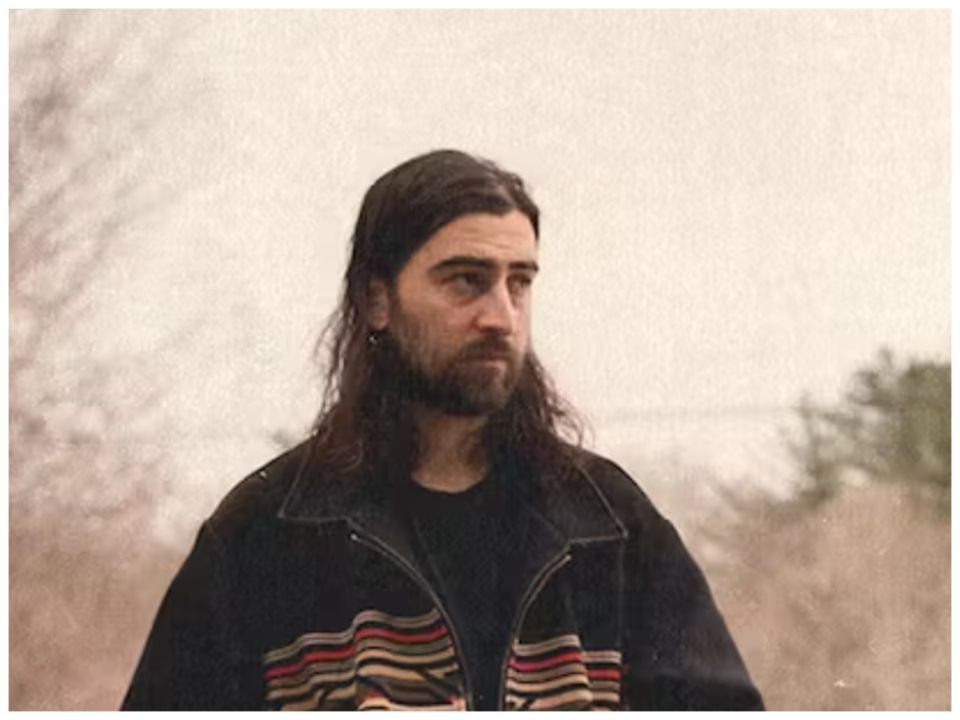
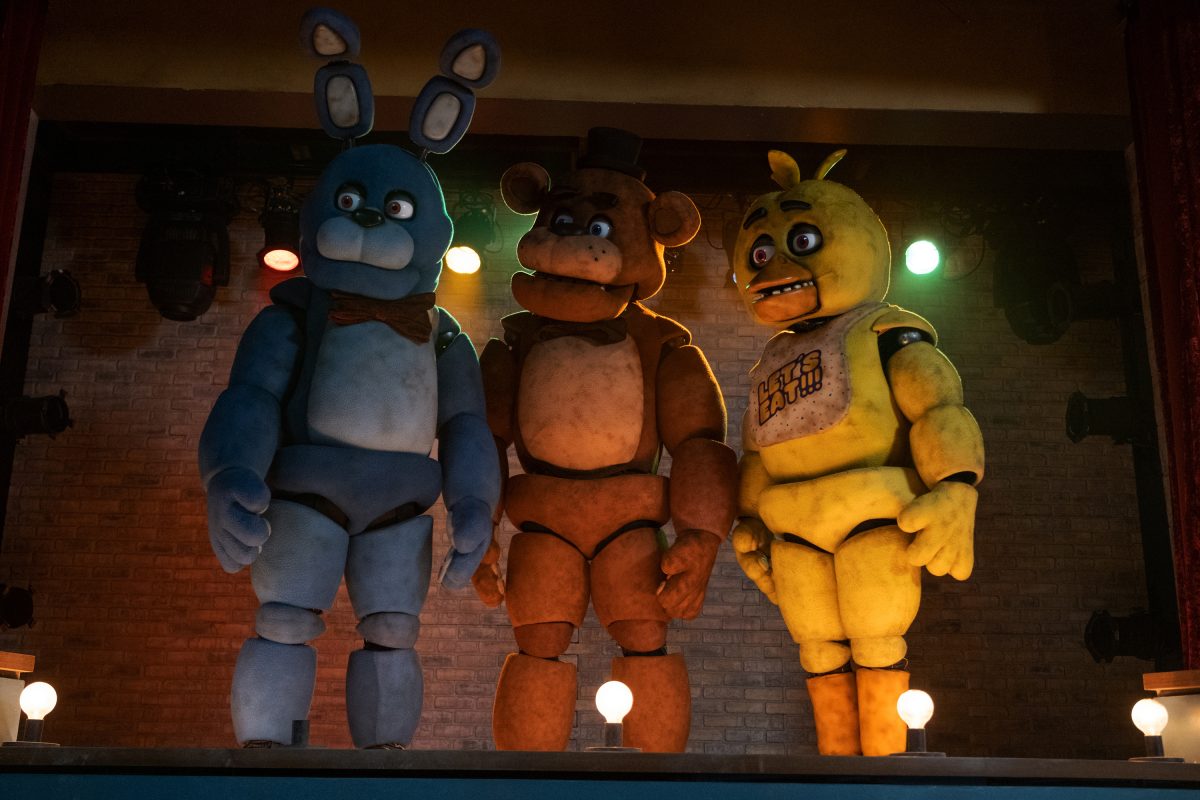
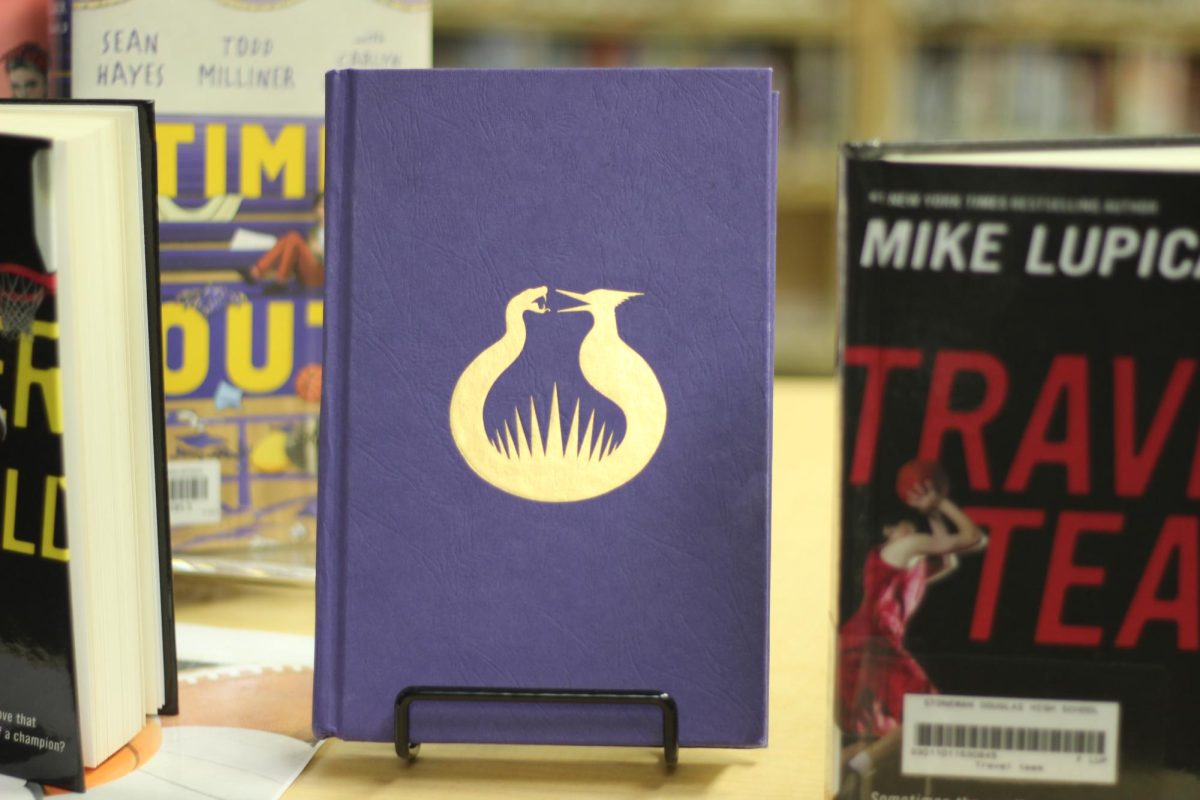





![[Review] ‘The Inheritance Games’ series warms readers’ hearts](https://eagleeye.news/wp-content/uploads/2025/01/Screen-Shot-2025-01-08-at-8.37.08-AM.png)




